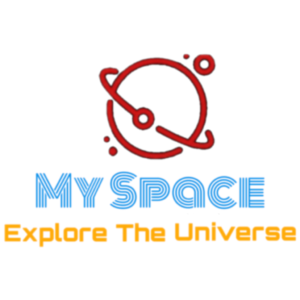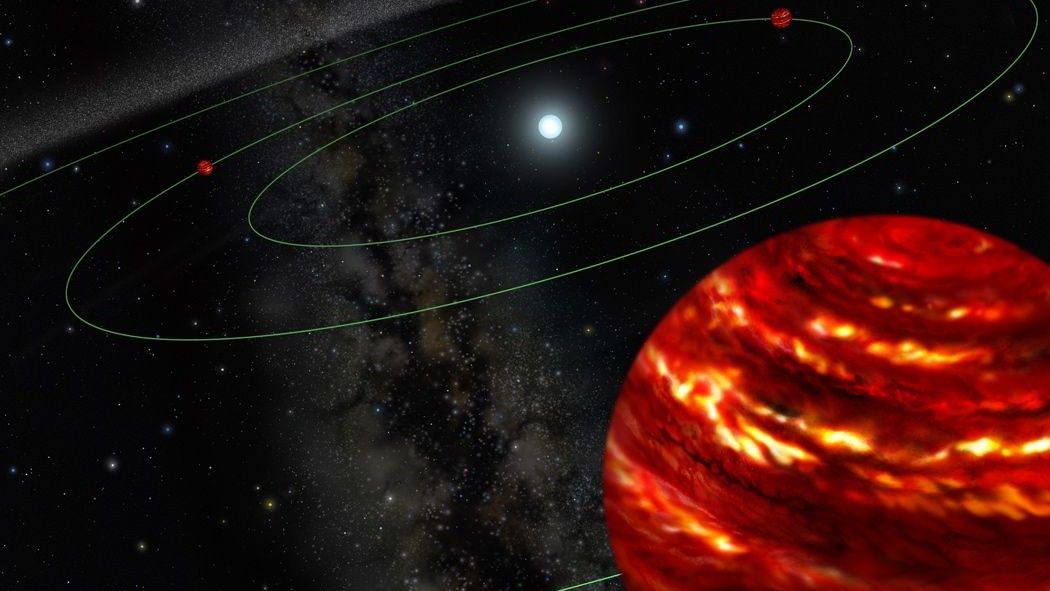In the event you’ve ever dreamed of discovering a brand new planet, now’s your probability.
Telescope producer Unistellar and the SETI Institute have launched the Unistellar Exoplanet Marketing campaign, a citizen science program wherein beginner astronomers may also help verify exoplanet candidates noticed by NASA’s Transiting Exoplanet Survey Satellite (TESS).
TESS makes use of the so-called transit technique to identify potential exoplanets: It screens the brightness of stars, and if a star dims quickly, it is presumably resulting from an exoplanet passing in entrance of it — a motion known as a transit. To this point, practically 4,000 exoplanets have been found utilizing this technique.
Associated: 10 amazing exoplanet discoveries
As a result of stars may dim for a lot of causes — together with the transits of different celestial our bodies, equivalent to low-mass stars — follow-up observations are obligatory to verify the existence of an exoplanet. That is the place citizen scientists are available in.
In response to some estimates, TESS has the potential to find some 10,000 new exoplanets, every of which might require extra observations for affirmation. For the brand new program, beginner astronomers will use ground-based telescopes to watch targets recognized by TESS as exoplanet candidates, thereby contributing to the information pool that can assist decide whether or not the goal is certainly an exoplanet. This explicit marketing campaign will give attention to “exo-Jupiters,” or alien worlds with related traits to the gas giant.
Citizen scientists have already proved useful in figuring out exoplanets. For instance, within the case of TOI 1812 — a three-planet system 563 light-years from Earth — 27 information units contributed by 20 astronomers in seven international locations had been essential to figuring out the orbital interval of one among its planets, SETI Institute representatives stated in a statement. That data was introduced Sept. 20 on the Worldwide Astronautical Congress in Paris and is presently being ready for publication.
“This early success reveals the facility of placing science immediately into folks’s arms — a core precept of this SETI Institute, Unistellar, and NASA partnership,” Tom Esposito, a analysis assistant on the SETI Institute and space science principal at Unistellar, stated within the assertion. “Citizen astronomers worldwide uniting to show humanity about new planets found so many trillions of miles away is, merely put, superb.”
Observe Stefanie Waldek on Twitter @StefanieWaldek. Observe us on Twitter @Spacedotcom and on Facebook.




